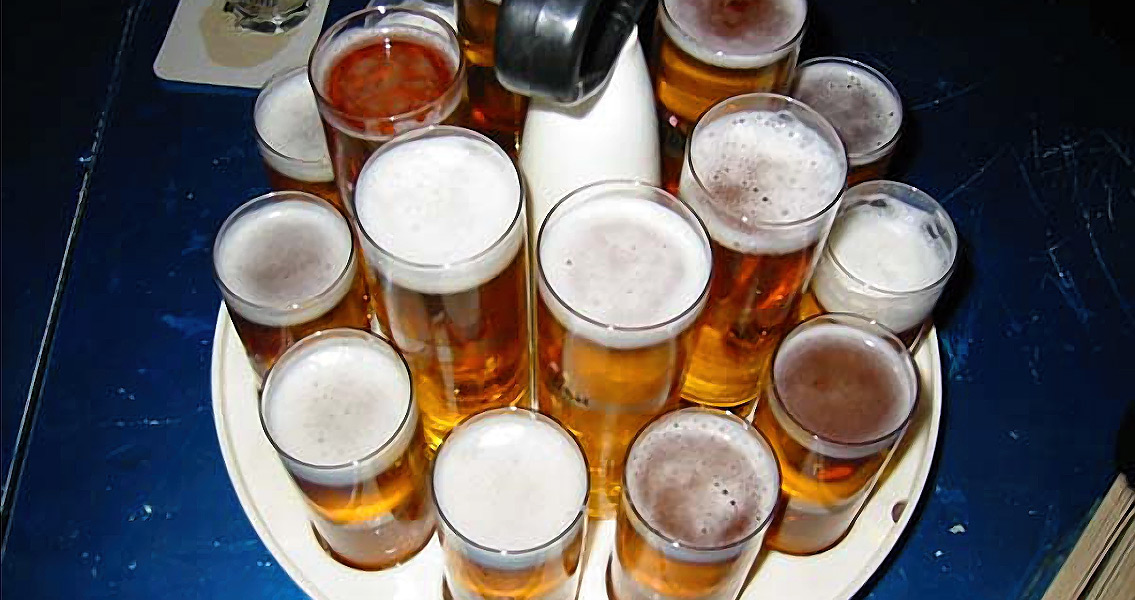<![CDATA[Fragments from a 5,000-year-old brewery have been discovered in central Tel Aviv as part of excavation works aiming to preserve artefacts from the early Bronze Age before the construction of a new building on the site on Hamasger Street. There used to be an Egyptian settlement in the area, the first that has been found in this part of Israel. Among the finds that the researchers from the Israel Antiquities Authority (IAA) uncovered were pieces of ceramic basins whose shape suggests they were used for brewing beer, a drink that the Ancient Egyptians greatly appreciated, or, in the words of lead scientist Diego Barkan, “The Egyptians drank beer morning, noon, and night.” The Ancient Egyptians appreciation of beer had several practical benefits. Beer is an easily metabolised source of nutritious substances and, because of its alcohol content, can reduce the risks associated with drinking contaminated water, an issue widespread in a time when people had little knowledge regarding disinfection. The slaves who built the pyramids in Giza had a substantial amount of beer as part of their daily rotation, a few litres of it, in addition to their daily allowance of bread. There are frequent references to beer in works such as “The Egyptian” by Mika Valtari, revealing that it had been the usual beverage of Egyptians, drank unfiltered through a straw by all ages and social classes. The brewing technology the ancient Egyptians used was quite simple: they just mixed barley with water, half-baked the mixture and let it ferment in the heat of the Sun. In fact, the IAA team also discovered a half-baked mixture that they believe had been beer in the making. After the fermentation, the brewers sometimes added fruit concentrates to get different flavours, according to a statement from the IAA. Last year, a team of Japanese archaeologists unearthed in Luxor the tomb of a prominent brewer, Khonso Em Heb, who lived some 3,200 years ago and made “beer for gods of the dead.” Earlier archaeological work has revealed that beer was made in the Nile Delta as early as the middle of 4,000 BCE. An inscription dated around 3,000 BCE summarised the importance of the beverage as follows: “The mouth of a perfectly contented man is filled with beer.” Researchers established the origin of the ceramic shards in Tel Aviv by comparing them against samples of local pottery from that era. They found they differed from them but were similar to fragments previously discovered in En Besor, another part of Israel inhabited by Egyptians, in the northwestern part of the Negev desert. This area, along with the south coast of what is modern-day Israel, were previously thought to have been the only regions that used to be a part of Ancient Egypt. In addition to the brewery basin shards, the research team found in the seventeen pits that comprise the excavation area artefacts dated to 6,000 years ago, including stone tools and a bronze dagger, as well as hundreds of other ceramic shards and cups. According to the archaeologists, the pits were used as storage space for fruit and vegetables. Image courtesy of Wikimedia Commons user: Tim "Avatar" Bartel ]]>
5,000-Year-Old Brewery Found in Israel
